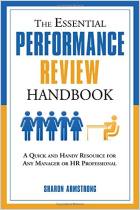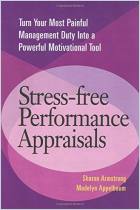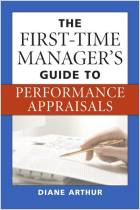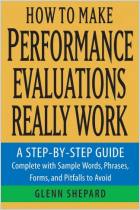
Powerful Performance Appraisals
How to Set Expectations and Work Together to Improve Performance
Read or listen offline
Amazon KindleRecommendation
If you were designing the curriculum for a class called Introduction to Performance Evaluation, this book would be your text. If, on the other hand, you’re in the market for some original ideas and groundbreaking employee-evaluation strategies, this may not be the book for you. Karen McKirchy uses simple language in her guided tour of performance-appraisal basics. If you’re an experienced supervisor, you may find the whole thing just a tad too simplistic. But for less seasoned managers, this book is a treasure trove of tips that will make evaluating the performance of your direct reports much more productive, easier and less painful. getAbstract recommends this book to supervisors wishing to improve their ability to motivate and evaluate employees through performance appraisals, particularly supervisors with less than five years experience.
Summary
About the Author
Karen McKirchy is a consultant who works at her eponymously named firm, McKirchy and Co.


















Comment on this summary or Iniciar a Discussão